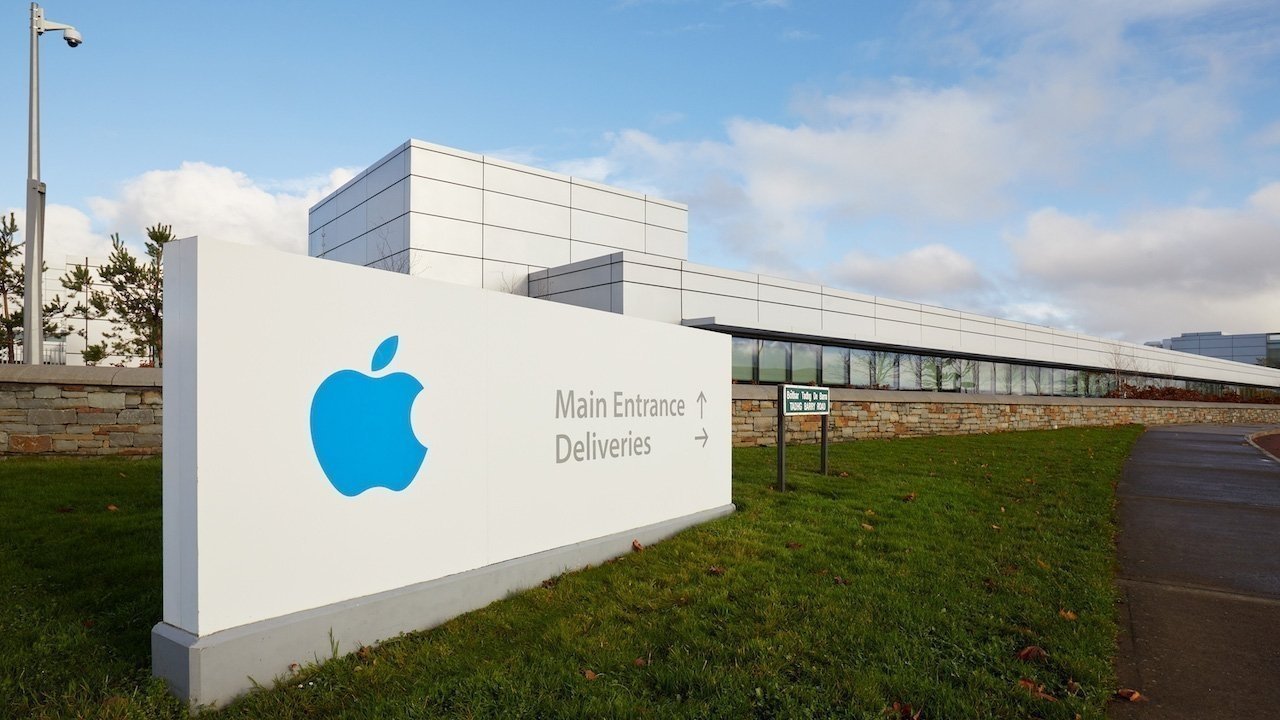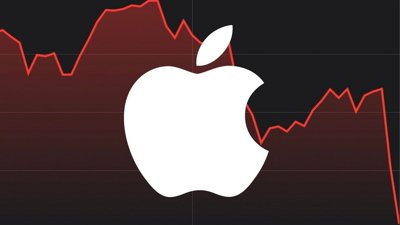The European Union will issue a ruling on a decades-long dispute over a 2004 tax deal between its own Commission, Ireland, and iPhone maker Apple. At stake is at least $14.5 billion in back taxes.
The court case has ramifications for Apple for much of its global business, as the headquarters in Cork, Ireland is Apple's headquarters for all of its non-US commerce. Apple and Ireland are fighting the EU over the legality of the tax deal the country made with Apple in 2004.
Back then, Ireland made a 10-year tax deal with Apple that allowed the company to set up two subsidiaries within the same company, rather than two completely separate companies, to take advantage of a tax loophole. Ireland had previously had an existing tax haven known as the "Double Irish," where foreign companies could set up two subsidiary companies in Ireland to handle different aspects of the main business.
In brief, this allowed companies whose products prominently included intellectual property (IP) to list them as intangible assets for the production company, avoiding tax on them. The second company, set up to handle administrative responsibilities unlikely to incur much profit, was the only one taxed.
The "Double Irish" tax rule was closed to new businesses in 2014, but companies already taking advantage of it were allowed to continue to do so until 2020. After an investigation which began in 2014, EU Commissioner for Competition Margrethe Vestager announced in 2016 that the deal had been found to be illegal.
Apple voluntarily exited the deal shortly after the investigation's findings were disclosed. Apple and Ireland both objected to the EU finding, calling it a violation of Ireland's legal sovereignty.
The EU tax ruling fallout
The European Commission demanded that Apple pay 13 billion Euros, plus interest, in unpaid Irish taxes to cover the 10-year period in 2016. The Irish government appealed the ruling to the EU General Court, pointing out that there was no violation of Irish tax law, and that EU treaties specifically excluded national tax policies.
Nonetheless, Apple agreed to put 13 billion Euros into escrow, pending the outcome of Ireland's appeal. In mid-2020, the General Court ruled that the EU had not succeeded "in showing to the requisite legal standard" that Apple has received unfair tax advantages, ruling in favor of Apple.
The EU appealed the General Court's decision to the Court of Justice, the final authority on legal challenges. In late 2023, the top advisor to the EU Court of Justice, the advocate general, advised the Court of Justice to annul the General Court's ruling.
He found that the lower court was incorrect about "the substance and consequences of certain methodological errors" made by Ireland in defending its law. If the Court of Justice agrees with its advocate general, it would not result in an immediate reversal.
Instead, Ireland and the European Commission would need to re-try the case before the General Court. That future ruling would almost certainly be appealed by the losing side, resulting in another review by the Court of Justice.
What happens next
Ultimately, it could be several more years before this decade-old dispute is finally resolved. The existing law and facts of the case would seem to favor Ireland and Apple's position that taxes were properly paid under existing Irish law at the time.
However, the review would likely hinge on whether Ireland allowed any other subsidiaries of single companies to take advantage of the deal. If the Irish laws are seen to have specifically favored Apple, the EU Court would likely rule that the original tax break was illegal, and Apple would have to pay the amount it has in escrow.
Depending on the outcome, Apple may have to disperse the money it has held in escrow for a decade. The case has now run for so long that initial investigator Vestager, the EU's antitrust chief, has since been replaced.
 Charles Martin
Charles Martin



-xl-m.jpg)



-m.jpg)






 Malcolm Owen
Malcolm Owen
 Marko Zivkovic
Marko Zivkovic

 Chip Loder
Chip Loder
 Christine McKee
Christine McKee
 William Gallagher
William Gallagher
 Amber Neely
Amber Neely



-m.jpg)






32 Comments
And IMO this is the reason Apple's event is on Monday. The EU announcement is Tuesday.
If there is a nickname for the tax loop hole called "Double Irish" then they probably did not name it just for Apple's sake. Likely lots of other companies used the same loophole. I suspect Apple and Ireland will win the appeal.
The taxpayers (citizens) in the EU in the end will pay every Euro with interest…..